Update time : 2024-01-10 Publisher:Tongda
The temperature change of organic fertilizer pile is a macroscopic reaction in the composting process, and it is also an important factor affecting microbial activity and whether composting can proceed smoothly. The increase in temperature is the result of microbial metabolic heat production and accumulation, reflecting the intensity of microbial metabolism and the conversion rate of compost substances.
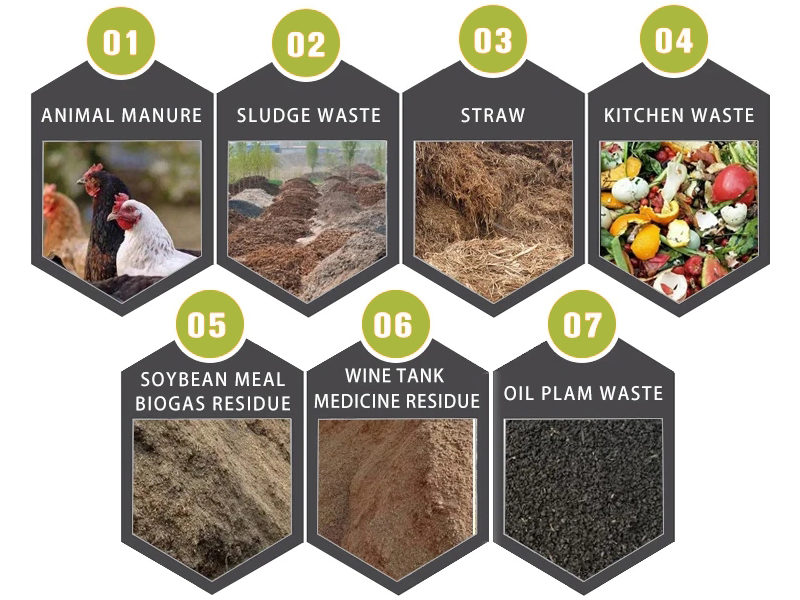
It is generally believed that thermophilic bacteria have a higher efficiency in degrading organic matter than mesophilic bacteria, and current fast, high-temperature aerobic composting technologies have taken advantage of this. In the early stage of composting, the temperature of the pile is generally close to the ambient temperature. After 1-2 days of action by mesophilic bacteria, the compost rapidly heats up, reaching a temperature of 50-65 degrees. Generally, it is maintained for 15-21 days of high temperature to kill pathogens, insect eggs, and grass seeds, achieve harmless indicators, and play a role in dehydration. Finally, the temperature decreases to facilitate nutrient transformation and the formation of humus.
A low temperature will prolong the maturation time of compost, while a high temperature (greater than 70 degrees) will inhibit the growth activity of compost microorganisms, excessively consume organic matter, and cause a large amount of ammonia volatilization, affecting the quality of compost.
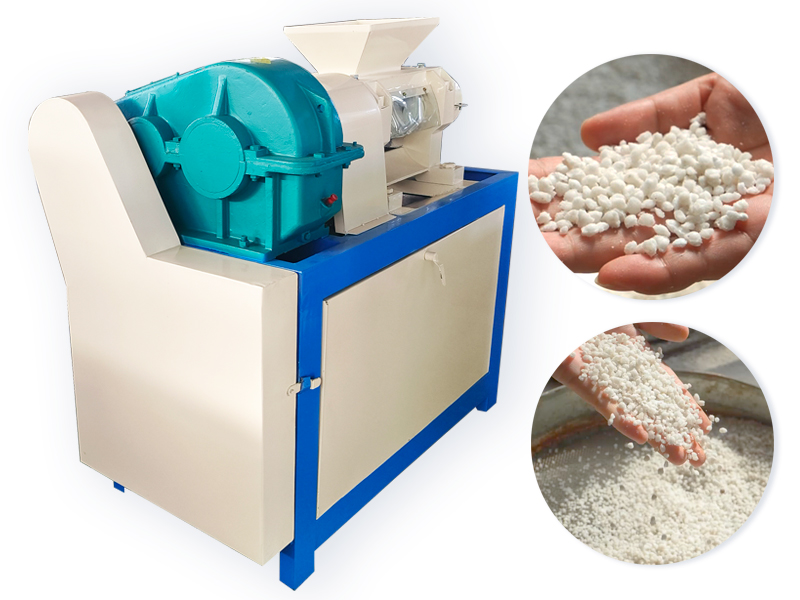
see details +
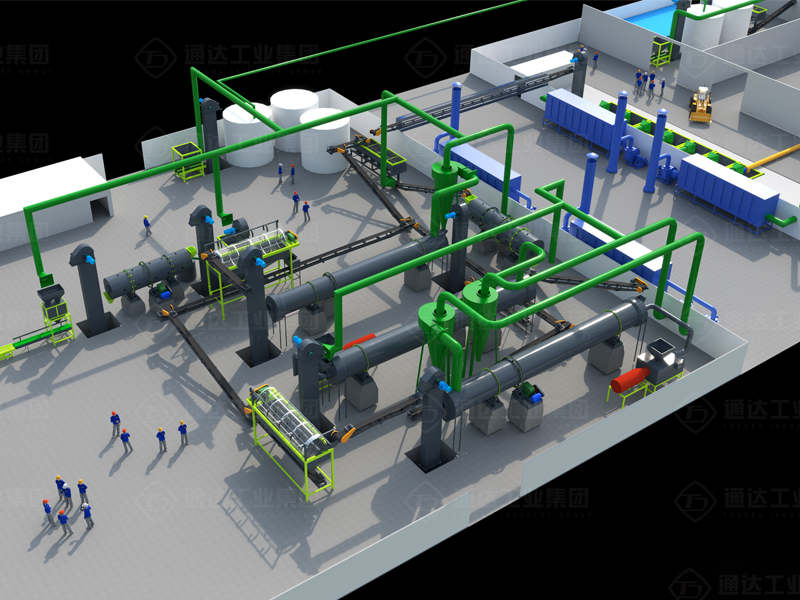
see details +
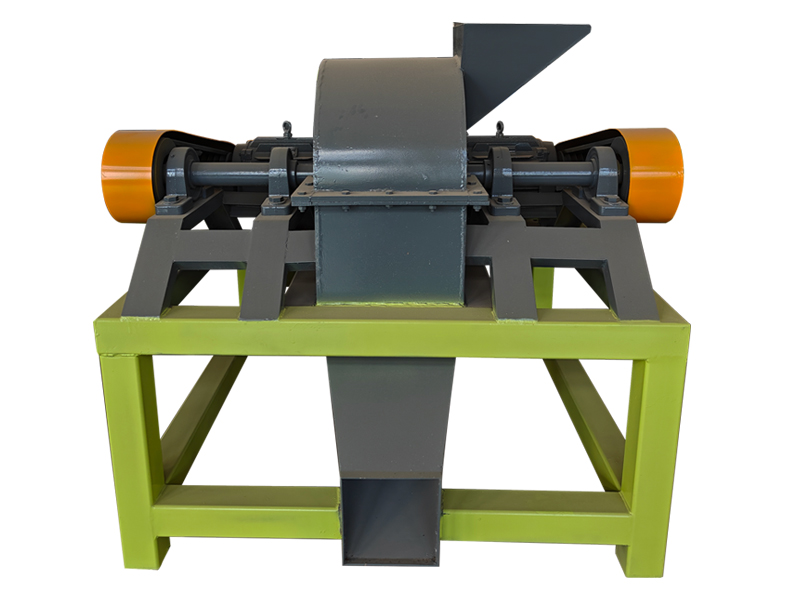
see details +
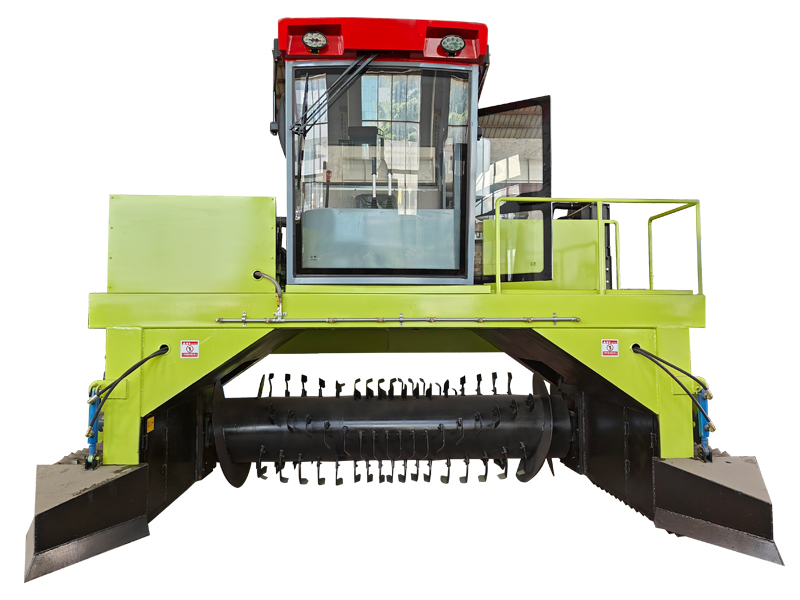
see details +

Fermentation Compost Equipment >
 Tel:+86 18538527111
Tel:+86 18538527111
 E-mail:[email protected]
E-mail:[email protected]
 Address:Longgang Development Zone Of Xingyang City, Zhengzhou City, Henan Province, China.
Address:Longgang Development Zone Of Xingyang City, Zhengzhou City, Henan Province, China.
Privacy Policy Copyright © Henan Tongda Heavy Industry Science And Technology Co., Ltd.